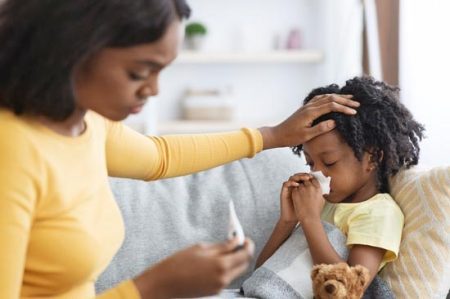Syringe Access and Exchange Programs

What the Rubberman Wrote – July 2018
by Michael Harney –
What’s the point of providing a syringe access program at WNCAP? Some say it promotes injection drug use, and others believe it is just wrong.
Let’s discuss the issues a bit more.
From the early days of the HIV/AIDS epidemic, shared needles and syringes became responsible for nearly 1/3 of HIV case reports each year in the United States. In many countries around the world, intravenous drug use (IVDU) and the lack of access to new equipment has been responsible for even more infections than that. The introduction of comprehensive harm-reduction strategies that included access to unused needles and syringes brought those numbers down dramatically.
Today, at least here in North Carolina, approximately 6% of all new HIV case reports are either directly related to IVDU or to sex with a partner who injects drugs. That represents about 82 cases of the approximate 1,365 HIV case reports in 2017 (these numbers may change slightly after careful analysis by state epidemiologists*).
As a public health measure, and by federal law, needles and syringes are approved for one-time use only, and proper disposal is expected, or at least assumed. Sometimes people improperly dispose of needles by flushing them down toilets, tossing them into trashcans, or leaving them on playgrounds or on the street—where they are more dangerous than if they were put in an empty laundry detergent bottle or other hard plastic container.
The reality is that outside of a medical setting, many people don’t always have easy or even legal access to brand new needles and syringes. Syringe access programs may now operate legally in North Carolina.**
The hundreds of people who come through our doors each month seek this first step to better health, and encounter access to resources and information, HIV and HepC testing, naloxone for overdose reversals, and treatment options too.
George, our wonderful receptionist and office manager in the Asheville office, greets folks who come to what we call NEPA–the Needle Exchange Program of Asheville. He makes them feel welcome without any stigma or discrimination, and keeps a full candy bowl for all visitors. That kindness and welcoming attitude makes an important impression on NEPA participants and others!
Stephanie Almeida, our colleague in Franklin, also operates a friendly, stigma-free syringe access program out of the First Circle Recovery Center at 3261 Georgia Road in Macon County; the number there is (828) 475-1920. We hope you’ll let others in the farther western part of the region know about her services.
Because the lifetime economic cost of one new HIV infection is estimated to exceed $600,000, and because healthcare costs related to viral hepatitis B or C, endocarditis, and abscesses or wound care are generally in the tens of thousands of dollars at a minimum, we are also proud to help reduce those costs by providing 10-cent needles and some other supplies like alcohol swabs and tourniquets.
Our part in all of this is prevention–the original reason for starting needle and syringe exchanges in the first place. We know we are not promoting drug use, and we know we are not wrong. The science proves that too.
If you would like to know more about needle and syringe access strategies, below are a few websites to visit. You are welcome to come by and visit us here at NEPA, in the Asheville office at 554 Fairview Road, M-F from 9-5. Or visit Stephanie in Macon County.
Lastly, if on the Qualla Boundary, the Syringe Services Program operated by the Eastern Band of Cherokee Indians is fully operational, whether you are tribally enrolled or not. You may call (828) 359-6879 or visit the website at www.cherokee-phhs.com for more information about location, requirements, and hours.
Please be safe. Take good care of your health. Get tested. Remember to call 911 in an emergency… “My friend is not breathing; send an ambulance…hurry, please.”
Stay well, stay active and don’t give up. ACT-UP, Fight Back, Fight AIDS.
Publications and Resources
- Harm Reduction Coalition, www.harmreduction.org
- North American Syringe Exchange Network, www.nasen.org
- Vein care and resources, www.anypositivechange.org
- Syringe exchange, diseases, science, www.cdc.gov
- Research and philanthropy, www.amfar.org
- The Western North Carolina AIDS Project, www.wncap.org
- *NC HIV/STD Quarterly Surveillance Report: Vol. 2017, No.4, http://epi.publichealth.nc.gov/cd/stds/quarterlyrpts.html
**Syringe Exchange in North Carolina
- www.ncdhhs.gov/divisions/public-health/north-carolina-safer-syringe-initiative/syringe-exchange-faqs
- The Law: www.ncleg.net/Enacted Legislation/Statutes/PDF/BySection/Chapter_90/GS_90-113.27.pdf
Michael Harney is a prevention educator with WNCAP and helps operate NEPA@WNCAP, one of the local needle exchange programs in the region.








